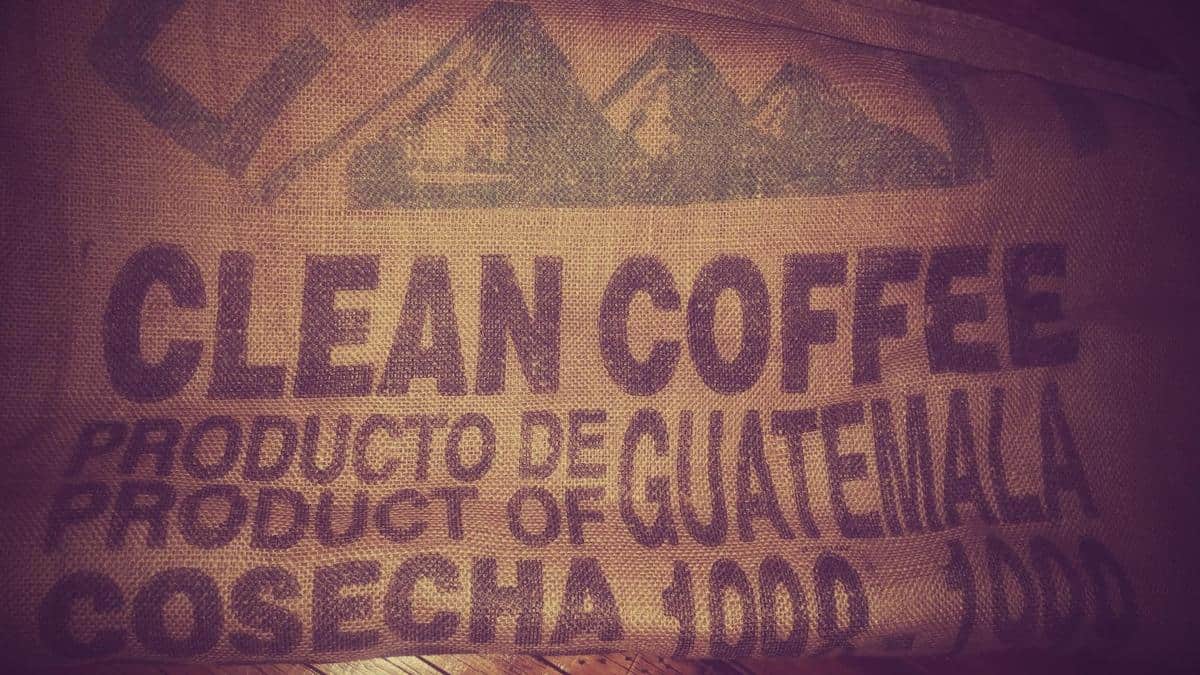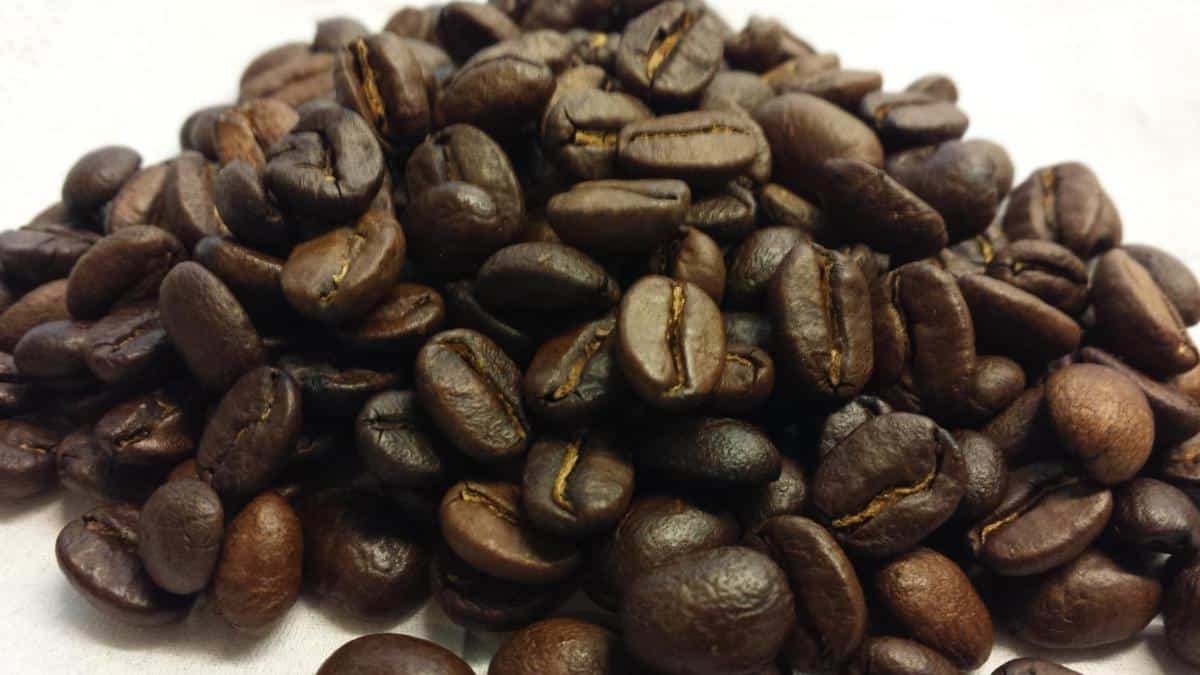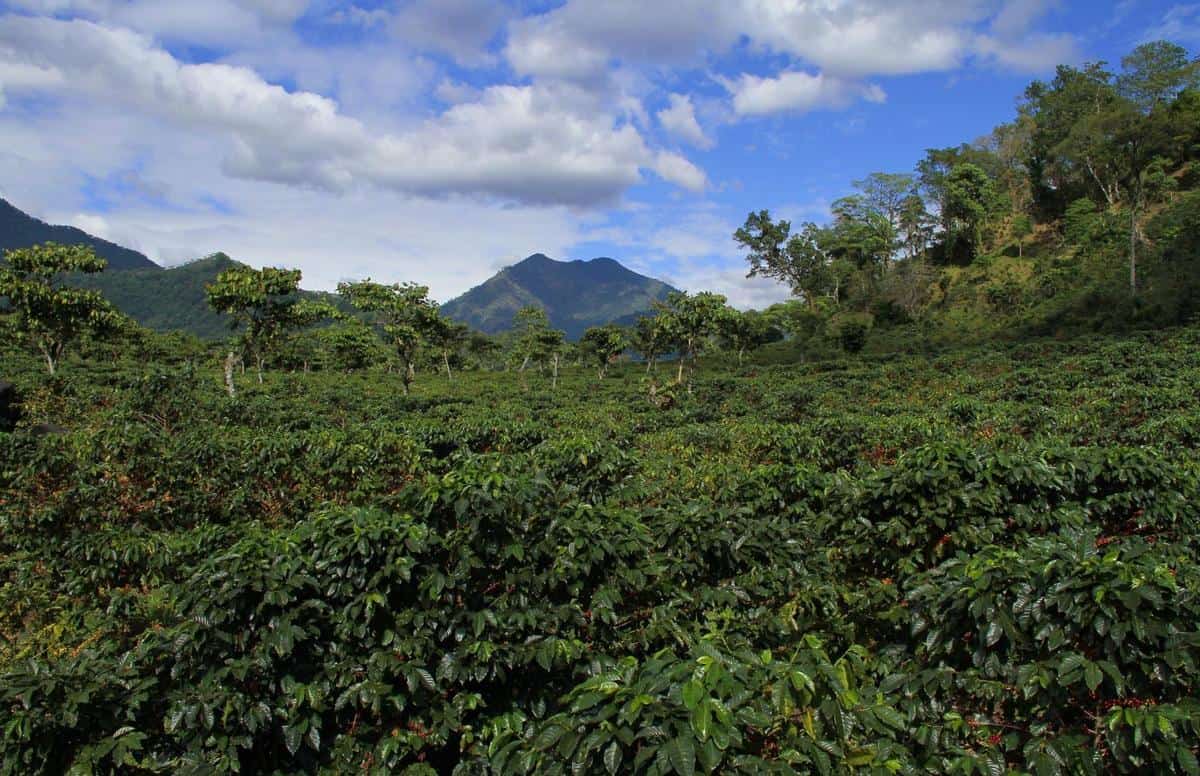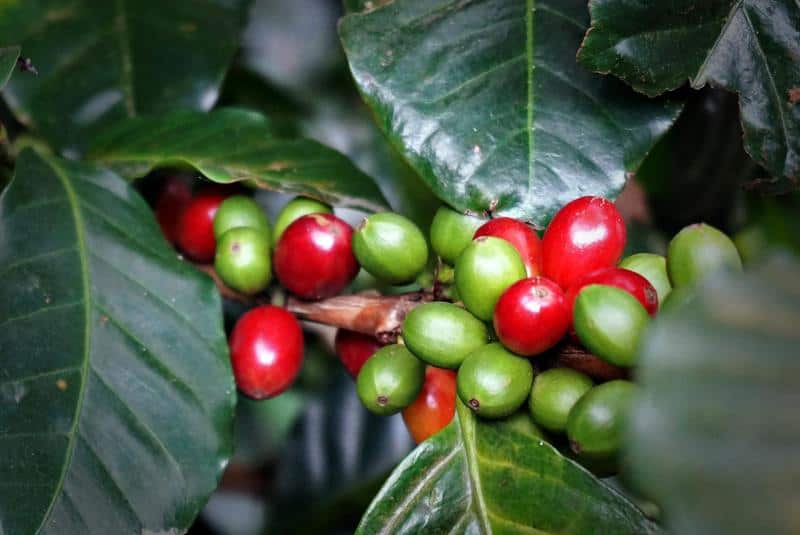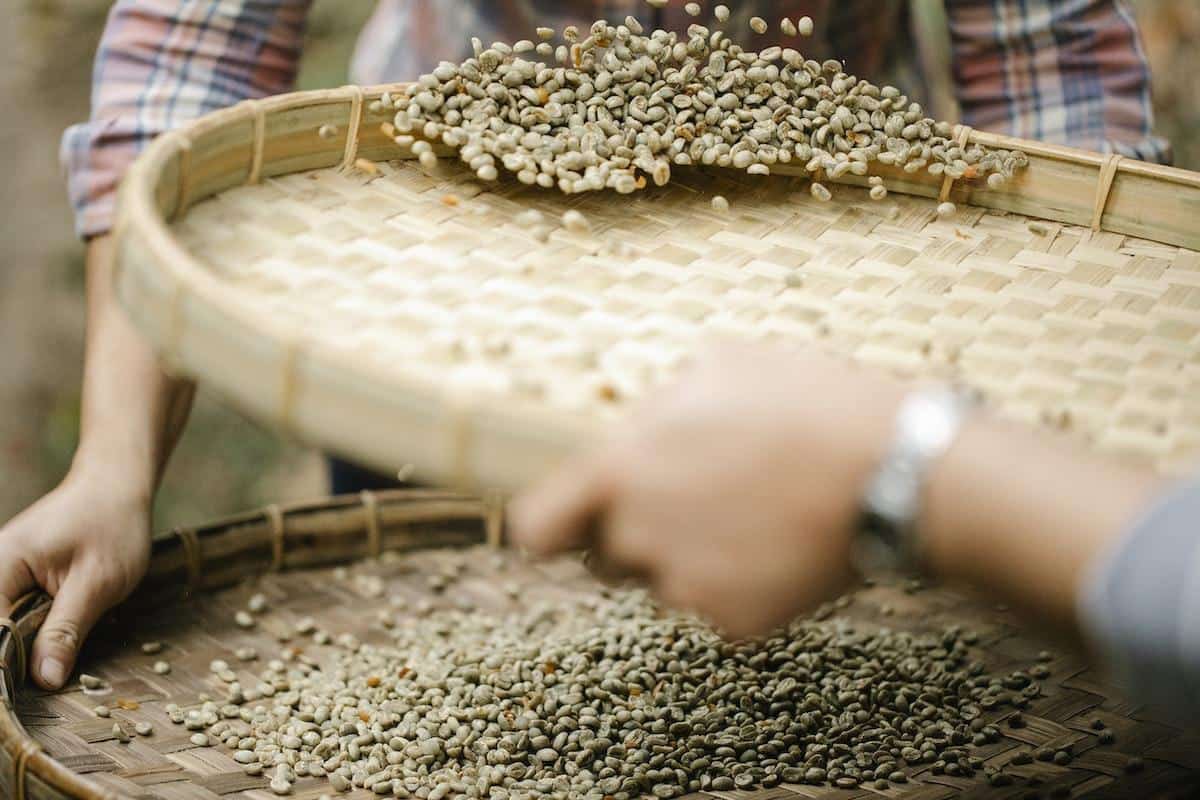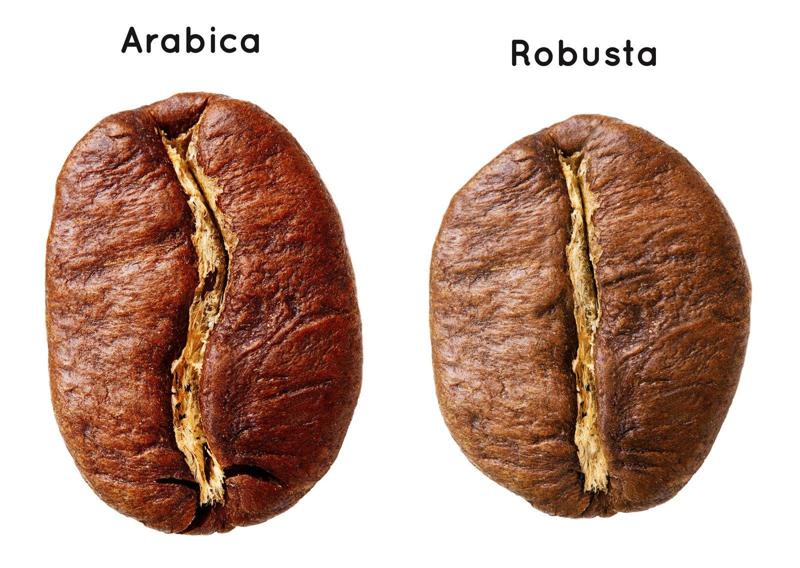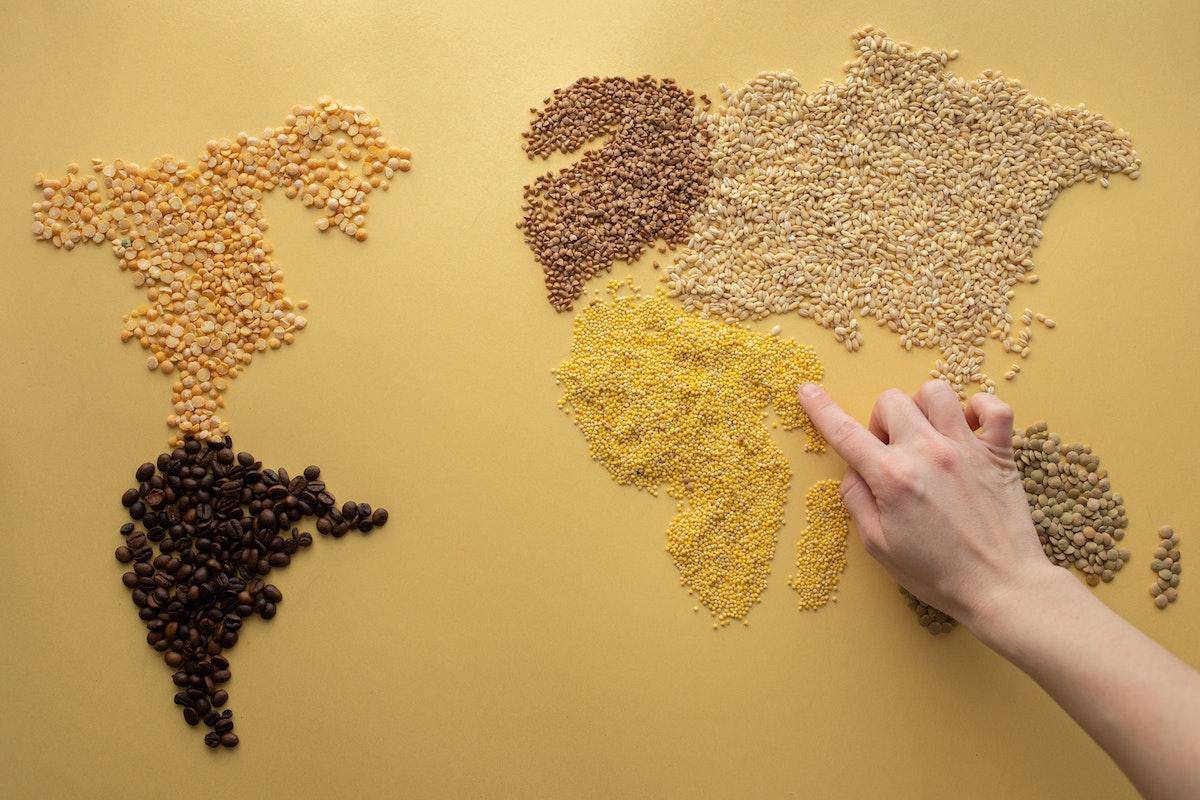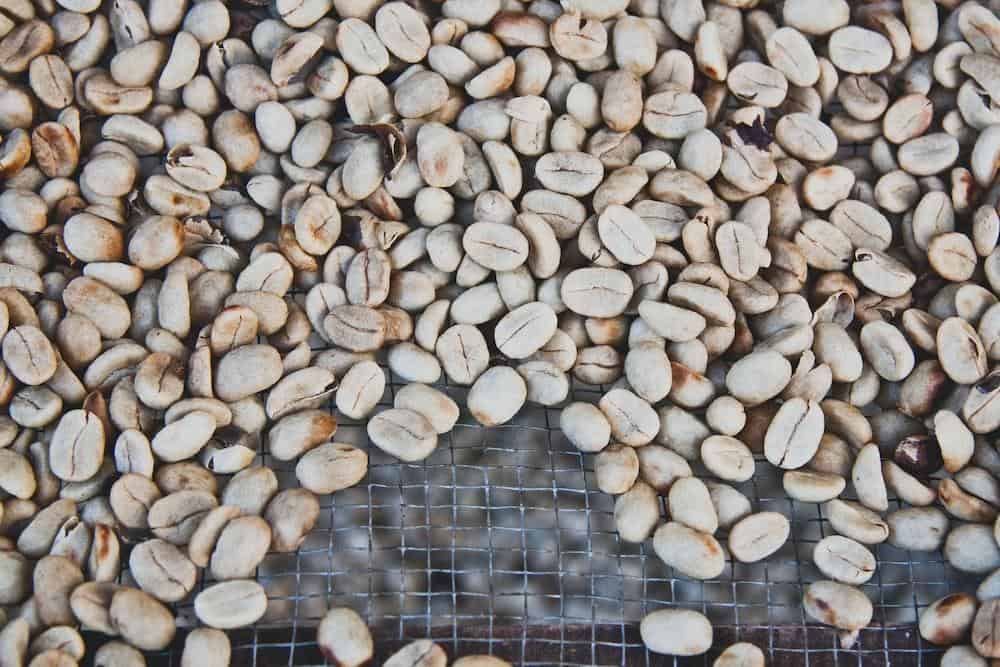Every sip of Guatemala coffee tells a story that stretches back centuries, steeped in rich history and vibrant culture. Renowned for its exceptional quality and distinct flavors, Guatemalan coffee has become a premier choice for coffee enthusiasts around the world. From the ideal climate to the unique altitude, every aspect of this Central American country contributes to the extraordinary taste and aroma of their beloved beverage.
Guatemala is blessed with an ideal climate for coffee cultivation, with temperatures that range from mild to hot throughout the year. The country’s volcanic soil provides the perfect conditions for coffee plants to thrive, resulting in beans of unparalleled quality. Moreover, Guatemala’s distinctive geography, including high altitude regions like Antigua and Huehuetenango, further elevates the flavor profile and characteristics of its coffee.
From bean to cup, understanding the journey of Guatemala coffee is essential in appreciating its remarkable qualities. With meticulous care and attention to detail, farmers follow a step-by-step process that begins with planting and nurturing the coffee trees. They then harvest the ripe cherries by hand before undergoing several post-harvesting steps such as pulping, fermenting, drying, and sorting. Finally, expert roasters unlock the beans’ full potential through carefully calibrated methods to showcase their distinct flavors.
The flavor profile of Guatemalan coffee is nothing short of extraordinary. With notes reminiscent of chocolate, fruit, and florals, each sip provides an experience that delights the senses. The region’s diverse microclimates lend themselves to producing various profiles – from crisp and bright coffees grown at higher elevations to sweet and balanced ones cultivated at lower altitudes. Such complexity allows for an exploration of flavors suited to individual tastes.
As we delve into the fascinating realm of Guatemala coffee, we uncover not just an aromatic beverage but also a catalyst for social and economic development within this beautiful country. By supporting its coffee industry, consumers play a pivotal role in ensuring the wellbeing of Guatemalan communities, as coffee cultivation provides income and employment opportunities for thousands of farmers and workers.
This article delves deeper into the impact of Guatemala’s coffee industry while also celebrating its rich history and cultural significance.
The aroma of Guatemala coffee is simply irresistible, drawing us into a world where every sip is an invitation to taste the best that this Central American gem has to offer. In the following sections, we will delve into the unique factors that make Guatemala a premier coffee producing region and explore the step-by-step journey from bean to cup.
Additionally, we will uncover the flavor profiles that make Guatemalan coffee so exceptional and discover the perfect roast for its beans. Join us as we celebrate Guatemala’s vibrant coffee culture and its powerful aroma that captivates all who encounter it.
The Ideal Climate and Unique Altitude
Guatemala is renowned for being a premier coffee producing region, and this reputation is largely due to the ideal climate and unique altitude found in the country. These factors play a crucial role in creating the conditions necessary for high-quality coffee cultivation.
One of the key aspects that sets Guatemala apart as a coffee producing region is its diverse microclimates. The country is intersected by several mountain ranges and volcanoes, which contribute to a wide range of climates and create distinct growing regions within Guatemala. This diversity allows for the cultivation of different coffee varieties with their own unique flavors.
The altitude at which coffee is grown in Guatemala also plays a significant role in its quality. Most Guatemalan coffee farms are located at higher elevations, typically ranging from 1,500 to 5,000 feet above sea level. The higher altitudes provide cooler temperatures and more consistent rainfall, which help slow down the ripening process of the coffee cherries. This longer maturation period allows for more complex flavors to develop within the beans.
| Climate | Elevation (feet) |
|---|---|
| Tropical Rainforest | 0 – 3,300 |
| Tropical Highland | 3,300 – 6,600 |
| Cold Mountain | Above 6,600 |
These ideal growing conditions result in well-balanced coffees with vibrant acidity, medium body, and nuanced flavors. The combination of tropical rainforests, highlands, and mountains creates a fertile environment that allows coffee beans to develop their full potential.
From Bean to Cup
Guatemalan coffee is renowned worldwide for its exceptional taste and quality. The journey of this flavorful brew begins with careful cultivation and harvesting of coffee beans, followed by a meticulous process of production and preparation before it finally reaches your cup. In this section, we will take you through each step in the journey of Guatemala coffee, giving you a deeper understanding of the craftsmanship involved in bringing this aromatic delight to your mornings.
1. Cultivation and Harvesting:
The process starts with selecting the right variety of Arabica coffee plants that thrive in the fertile soils and unique climate found in the regions of Guatemala. The high altitude and volcanic soils contribute to the rich flavors and complex profiles found in Guatemalan coffee. Once the plants are matured, skilled farmers handpick only the ripest cherries during harvest season, ensuring only top-quality beans are selected for further processing.
2. Processing:
After harvesting, the cherries go through various processing methods that play a crucial role in shaping their flavor and aroma. One common method is called “washed” or “wet” processing, where the outer skin and pulp are removed from the cherries using water fermentation. This method enhances acidity and brightness while maintaining clarity in flavors. Another method is “natural” or “dry” processing, where whole cherries are dried with their skins intact, resulting in a fuller-bodied cup with more fruity undertones.
3. Sorting and Roasting:
Once processed, beans need to be sorted meticulously to ensure uniformity in size, shape, color, and density. This sorting process helps to eliminate any defective or damaged beans that could affect the overall quality of Guatemala coffee.
After sorting, it’s time for roasting – an art form that brings out the best flavors from these beans. Different roast profiles can be explored to highlight specific characteristics of Guatemalan coffee, from light roasts that accentuate its bright acidity to dark roasts that showcase its chocolate and nutty notes.
| Step | Description |
|---|---|
| Cultivation and Harvesting | Selecting the right Arabica coffee plants and handpicking ripe cherries for quality beans. |
| Processing | Using methods like washed or natural processing to shape flavors. |
| Sorting and Roasting | Meticulously sorting beans for uniformity and roasting them to bring out their best flavors. |
Guatemala’s commitment to excellence throughout the entire journey of coffee production is evident in every cup. From the careful cultivation of Arabica plants to the rigorous quality control measures implemented during processing and roasting, Guatemalan coffee embodies a tradition of craftsmanship deeply ingrained in its rich history. Understanding this intricate process allows us to appreciate the hard work, skill, and dedication behind each sip of Guatemala coffee.
Flavor Profile of Guatemalan Coffee
When it comes to Guatemalan coffee, one cannot ignore the exquisite flavor profile that sets it apart from other varieties. The volcanic soil and unique climate of the region play a crucial role in developing these distinct flavors. Guatemalan coffee is known for its delightful notes of chocolate, fruit, and florals, creating a truly exceptional sensory experience.
The Role of Volcanic Soil
Guatemala’s fertile volcanic soil is one of the key factors contributing to the country’s renowned coffee quality. The volcanic ash in the soil provides essential minerals and nutrients that enhance the flavor development in coffee beans. This rich soil composition creates a foundation for flavors that are deep, complex, and well-balanced.
Delicious Notes of Chocolate
One of the prominent flavor notes found in Guatemalan coffee is chocolate. This distinctive characteristic is attributed to the combination of factors such as the variety of coffee plants grown in Guatemala and the meticulous processing methods employed by local farmers. Whether it’s dark chocolate or milk chocolate, these pleasant hints add depth and richness to every sip.
Bursts of Fruitiness
Another notable aspect of Guatemalan coffee is its vibrant fruity flavors. Depending on the variety and specific region within Guatemala, you may encounter different fruit profiles ranging from berry-like acidity to citrusy undertones. These bursts of fruitiness bring brightness and liveliness to the cup, enhancing the overall drinking experience.
A Touch of Florals
Completing the flavor profile are delicate floral notes that grace Guatemalan coffee. Hints of jasmine, rose petals, or even chamomile can be detected in certain varieties grown at higher altitudes. These floral accents provide an enchanting aroma and contribute to a more nuanced flavor profile.
In summary, Guatemalan coffee offers sophisticated tastes with its alluring combination of chocolate, fruit, and floral notes. The volcanic soil, ideal climate, and meticulous cultivation techniques all contribute to the unique flavor profile that has captivated coffee enthusiasts around the world for centuries. Whether you prefer a single-origin or a blend, Guatemalan coffee is sure to indulge your taste buds with its complex and aromatic characteristics.
The Art of Roasting
Roasting coffee beans is truly an art form that requires skill, knowledge, and precision. When it comes to Guatemala coffee, the art of roasting takes on a whole new level of importance in order to bring out the unique flavors and characteristics of the beans.
To discover the perfect roast for Guatemala coffee, roasters must consider factors such as bean origin, altitude, and desired flavor profile. There are typically three main roast levels that are commonly used for Guatemalan coffee: light, medium, and dark.
- Light Roast: This roast brings out the delicate flavors and bright acidity of the Guatemala beans. It is often preferred by those who appreciate the subtle complexities of coffee. Lightly roasted Guatemala coffee exhibits floral notes with hints of citrus and berries.
- Medium Roast: The medium roast strikes a balance between retaining the origin characteristics of the beans while also developing some caramelization and sweetness. This roast showcases a fuller body with flavors of chocolate, nuts, and dried fruits.
- Dark Roast: For those who prefer a bolder cup of coffee, a dark roast brings out deeper flavors and more pronounced bitterness. With its rich body and notes of dark chocolate, caramel, and toasted nuts, a dark roasted Guatemala coffee is often chosen for espresso or other strong brews.
It is important to note that each roaster may have their own variations within these roast levels to suit their preferences or showcase specific flavor profiles. They may also experiment with different techniques such as slow-roasting or blending different Guatemalan coffee beans to create unique blends that cater to diverse palates. Ultimately, discovering the perfect roast for Guatemala coffee requires attention to detail and an appreciation for both tradition and innovation in the world of coffee roasting.
The Impactful Social and Economic Benefits of Guatemala’s Coffee Industry
Guatemala’s coffee industry not only delivers a delightful, flavorful experience to coffee lovers around the world but also plays a significant role in driving social and economic development within the country. The impact of the coffee industry can be seen in various aspects of Guatemalan society, from job creation and income generation to social initiatives and sustainable practices.
Job Creation and Income Generation
The coffee industry in Guatemala is responsible for employing thousands of individuals across different stages of the coffee production process. From farmers and pickers to processing plant workers and exporters, the sector offers employment opportunities to both rural and urban communities. This provides a significant source of income for countless families who depend on coffee farming as their primary livelihood.
Furthermore, the economic benefits extend beyond those directly involved in coffee production. Small businesses such as cafes, restaurants, and shops thrive due to the demand for Guatemalan coffee products. By supporting local businesses, consumers contribute to the local economy and help create a favorable business environment that encourages growth and prosperity.
Social Initiatives and Sustainable Practices
The coffee industry in Guatemala recognizes its responsibility toward social welfare and sustainable practices. Many coffee farms have implemented programs aimed at addressing social issues such as education, healthcare, clean water access, and improving living conditions for workers’ families. These initiatives are often funded through premiums paid for certified coffees or direct investments by the farm owners themselves.
Another important aspect of sustainability is environmental stewardship. Many Guatemalan coffee farms prioritize environmentally friendly practices such as organic farming methods, reforestation projects, water conservation efforts, and minimizing waste. By implementing these sustainable practices, the industry helps preserve Guatemala’s lush ecosystems while ensuring that future generations can continue to enjoy its rich biodiversity.
Exploring the Best Guatemalan Coffee Brands and Farms
Guatemala is home to a wide variety of coffee brands and farms that produce exceptional coffee. From traditional to specialty coffee, there is something for every coffee lover to explore in this Central American country. Here are some of the best Guatemalan coffee brands and farms that you should not miss:
Finca Filadelfia
Located on the outskirts of Antigua, Finca Filadelfia is one of Guatemala’s most iconic coffee farms. With a history dating back to 1866, this farm has been producing high-quality Arabica beans for generations. Visitors can take guided tours around the plantation, learn about the coffee growing process, and even participate in cupping sessions to taste their distinct flavors.
San Miguel Escobar Cooperative
This cooperative is made up of small-scale farmers who have come together to create sustainable and fair-trade coffee. The cooperative focuses on organic practices and empowering local communities through education and social programs. The San Miguel Escobar Cooperative offers a range of Arabica coffees with unique flavor profiles influenced by its volcanic soil.
Ruta del Café
Ruta del Café, meaning “coffee route,” is a scenic journey through some of Guatemala’s finest coffee-producing regions. This tourist route takes visitors through stunning landscapes dotted with plantations, where they can learn about different cultivation techniques and taste varieties from various farms along the way.
Café El Injerto
Known for its award-winning specialty coffees, Café El Injerto is a family-owned estate in Huehuetenango region. They meticulously cultivate their beans at high altitudes, resulting in complex flavors characterized by notes of chocolate and citrus. Café El Injerto has gained international recognition for its commitment to quality and sustainability.
La Lucha Coffee
La Lucha Coffee is a social enterprise that supports small-scale farmers and promotes gender equality in the coffee industry. They work directly with indigenous communities to help them produce exceptional coffee while ensuring fair prices. Their coffees showcase a wide range of flavors, from rich chocolate notes to bright fruity undertones.
Whether you prefer traditional Guatemalan coffees or are looking for unique specialty blends, the country’s coffee scene has something to offer every discerning palate. Exploring these top brands and farms will not only allow you to taste some of the finest coffees in Guatemala but also provide insights into the rich history and dedication behind each cup. So grab your favorite brewing method, sit back, and savor the flavors of Guatemala’s renowned coffee heritage.
The Perfect Pairings
When it comes to enjoying a cup of Guatemala coffee, the experience can be elevated even further by pairing it with delicious treats. The flavors and aromas of Guatemalan coffee can complement a variety of foods, enhancing both the taste of the coffee and the treat itself.
One popular pairing is to enjoy a rich, dark cup of Guatemalan coffee with a chocolate treat. The natural notes of chocolate in Guatemala coffee make it an excellent match for anything from a decadent piece of chocolate cake to a simple bar of dark chocolate. The flavors intertwine harmoniously, creating a delightful symphony for your taste buds.
For those who prefer something lighter and fruitier, pairing Guatemala coffee with fresh berries is a fantastic option. The bright and juicy flavors of berries enhance the natural sweetness and acidity found in the coffee. Whether it’s raspberries, blueberries, or strawberries, the combination is refreshing and indulgent at the same time.
Another excellent treat to pair with Guatemala coffee is baked goods such as pastries or cookies. The warmth and comfort offered by these treats perfectly complement the full-bodied richness of Guatemalan coffee. Whether you choose a buttery croissant or a freshly baked biscotti, the combination creates an exquisite balance between sweetness and bitterness that will leave you craving more.
Brewing Methods
When it comes to enjoying the rich flavors of Guatemalan coffee, brewing methods play a crucial role in unleashing its full potential. Whether you prefer a classic drip coffee maker, a pour-over method, or an adventurous French press technique, each brewing method brings out different nuances and characteristics of the coffee beans.
One popular brewing method that highlights the complexity of Guatemalan coffee is the pour-over method. This technique allows for precise control over the extraction process and emphasizes clarity and cleanliness in each cup. Using a pour-over dripper such as a Chemex or V60, you can experience the distinct floral and fruity notes that Guatemala coffee is known for.
The trick is to use fresh coarsely ground beans, pre-wet the filter, and then pour hot water over them in a slow circular motion. The result is a flavorful cup that showcases the unique terroir of Guatemalan coffee.
Another favored brewing method among coffee enthusiasts is the French press. This immersion-style brewing technique allows for maximum extraction of flavor compounds and produces a full-bodied brew with intense chocolatey undertones. To brew your Guatemala coffee using this method, simply combine coarsely ground beans with hot water in your French press.
Let it steep for about four minutes before slowly pressing down the plunger to separate the grounds from the brewed coffee. This yields a robust cup that showcases Guatemala’s exceptional balance between sweetness and richness.
For those seeking convenience without compromising flavor, automatic drip coffee makers can be an excellent choice for brewing Guatemala coffee at home. These machines are designed to regulate temperature and water flow consistently, ensuring a well-extracted cup every time. To enhance your brewing experience with an automatic drip machine, make sure to use high-quality medium grind Guatemalan beans and proper filtration to capture all the flavors without any bitterness.
No matter which brewing method you choose, it’s essential to use freshly roasted and properly stored Guatemala coffee beans. Remember to experiment with different brew ratios, water temperatures, and grind sizes to achieve the perfect balance that suits your taste preferences. Brewing methods not only bring out the nuanced flavors of Guatemalan coffee but also provide an opportunity for coffee enthusiasts to engage in a sensory experience that celebrates this exceptional beverage.
Conclusion
In conclusion, Guatemalan coffee is not only a beverage, but a celebration of the rich history, culture, and flavors that make it truly unique. From the ideal climate and altitude to the meticulous process of roasting and brewing, every step in the journey of Guatemala coffee contributes to its powerful aroma and distinct flavor profile.
The social and economic benefits brought about by Guatemala’s coffee industry cannot be underestimated. It provides employment opportunities for farmers and workers, boosts the country’s economy, and promotes sustainable farming practices. Additionally, the specialty coffee movement in Guatemala has allowed for innovation and creativity in the production process, leading to exceptional quality beans that are sought after by coffee enthusiasts around the world.
Exploring Guatemalan coffee brands and farms is like embarking on a journey of discovery. From traditional to specialty coffee, each brand has its own unique story and approach to crafting delicious brews. Whether enjoying a cup of dark chocolate notes or floral accents, each sip reveals more about this diverse and captivating industry.
To enhance your Guatemala coffee experience even further, consider pairing it with delicious treats that complement its flavors. The versatility of Guatemalan coffee allows for endless pairing possibilities, whether it be chocolate desserts that accentuate the cocoa notes or fruity pastries that bring out the natural fruitiness in the beans.
Frequently Asked Questions
What is special about Guatemala coffee?
Guatemala coffee is known for its exceptional quality and unique flavor profile. The country has ideal climatic conditions, such as high altitudes, volcanic soil, and a mild tropical climate, which contribute to the cultivation of high-quality coffee beans. These factors give Guatemalan coffee distinct characteristics that are highly sought after in the international market.
Why is Guatemalan coffee so good?
Guatemalan coffee is considered excellent due to several factors. Firstly, the country’s diverse geography and microclimates provide optimal conditions for growing coffee plants.
This results in a wide range of flavors and aromas present in Guatemalan coffees, from fruity and floral notes to chocolatey and nutty undertones. Additionally, Guatemalan coffee farmers prioritize sustainable farming methods and take great care in their harvesting and processing techniques to ensure the beans reach their full potential.
Is Guatemalan coffee the best in the world?
While Guatemalan coffee is highly regarded among coffee enthusiasts, it is subjective to claim it as the best in the world. Coffee preferences vary greatly among individuals based on personal taste preferences and cultural factors.
Nevertheless, Guatemala has consistently produced some of the highest-quality coffees globally, often receiving awards and accolades at international competitions. Its reputation as a top producer reflects the well-deserved recognition it receives within the global specialty coffee industry.
What makes Guatemalan coffee different?
What sets Guatemalan coffee apart from others is primarily its flavor diversity resulting from various factors such as altitude, soil composition, climate conditions, and processing methods employed by local farmers. The higher altitudes found in regions like Antigua or Huehuetenango offer slower maturation of the cherries while fostering complex flavors in the beans through increased acidity levels and nuanced profiles.
Moreover, volcanic ash-rich soils contribute minerals that influence taste characteristics. Additionally, traditional production methods like shade-grown cultivation or wet processing can impact the final cup profiles by preserving certain attributes or enhancing specific flavor notes.
Which country is famous for best coffee?
Several countries are renowned for producing excellent coffee; however, it is challenging to definitively determine the best. Ethiopia is widely recognized as the birthplace of coffee, and its diverse coffee varieties and elaborate traditional processing methods have gained admiration worldwide. Colombia is another prominent coffee producer acclaimed for its consistently high-quality Arabica beans, with a reputation for balanced and flavorful cups.
Brazil stands out as the largest global coffee producer, offering a wide range of taste profiles due to its vast size and diverse growing regions. Ultimately, the best coffee country will depend on individual preferences and the specific qualities one seeks in their cup of joe.

